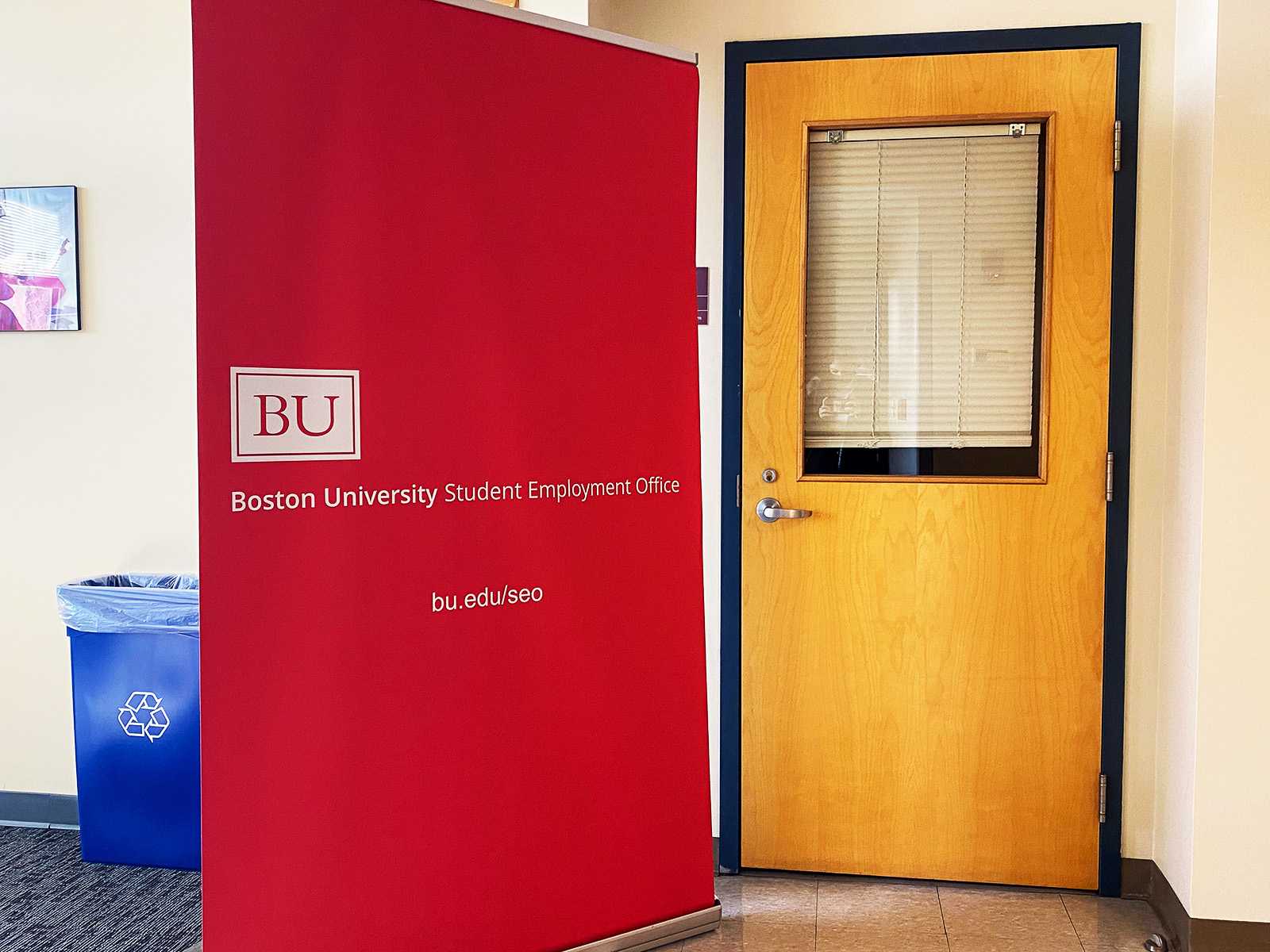After “decades and decades” amid financial and social uncertainty, Brazil has emerged as a leader in the Western hemisphere, said President of Brazil Dilma Rousseff in an address at Harvard University Tuesday night.
In the address, which was given in Portuguese, Brazil’s first female president outlined the changes her country has undergone over the past decade, mentioning that the country’s economy has become the sixth largest in the world.
The address came after Rousseff’s visit to the State House, where she met with Massachusetts Gov. Deval Patrick.
“The current ranking of Brazil,” she said, “is the result of economic and social changes.”
These changes came about in part because of the administration of her presidential predecessor, Luiz Inácio Lula da Silva. During his two terms, Silva focused on closing large income inequalities.
Her administration, Rousseff said, has focused on bringing equal opportunities to segments of the Brazilian population marginalized in the past, adding that more and more Brazilians have been lifted out of poverty or the lower class and into the country’s growing middle class.
Brazil’s middle class comprises more than half of the nation’s population, according to data released by the Brazilian government, and numbers have been increasing, Rousseff said.
To achieve that growth, she said, the government focused on expanding its infrastructure and its social services, all under a “due observance” of democracy.
Her generation “learned not from books [but] through our first-hand experience about the value of democracy and human rights,” she said, referring to the period of guerilla warfare and changing regimes – in which she herself fought– that marked Brazil’s transition from dictatorial to democratic rule in the 1960s and 1970s.
“It is much better to hear the multiple voices . . . even if they are against you, than the absolute silence of dictatorships,” she said, adding that “the Brazilian state will be held accountable to ensure high quality of public services” to all citizens.
Bringing electricity to all of the country’s regions is key to that struggle, she said, calling attention to her administration’s efforts to do so.
By late 2012, the Brazilian government will have totally universalized access to electricity, even in the most rural parts of the country, she said.
But Rousseff attached a greater significance to the role that education could play in Brazil’s increased economic and social vitality.
“We have tirelessly and consistently fought to improve the education system,” she said, adding that every level of education, from daycare centers to undergraduate and graduate institutions, must undergo improvements.
Investing time and money into the country’s approach to early education, she said, will ensure that all Brazilian children will have equal opportunities to learn from the beginning. Improving universities and technological schools ensures that college-aged students will become more globally competitive.
Although she outlined her wishes for Brazil’s increased ability to compete in fiscal and social arenas, Rousseff said she was proud of its past and upcoming collaborations, especially with other Latin American and Caribbean countries and with the United States.
Rousseff recently worked with U.S. President Barack Obama to create Science Without Borders.
The exchange program allows Brazilian students in science, technology, engineering and mathematics fields to study abroad in the United States on funds from the Brazilian government, according to a White House press release.
Brazil will also host Rio+20, a U.N. conference that will “focus not only on climate and biodiversity, but the concept of sustainable development [and] develop a new paradigm for sustainable development,” she said.
The country depends on renewable sources of energy for its economic health and must balance those sources with technological and geophysical development, Rousseff added.
But thousands of protesters have objected to the government’s plans to divert the Xiangu River to build a hydroelectric plant and dam approved during her administration, as they are expected to flood forests and affect indigenous communities.
“Brazil and the United Nations have come to the common understanding [that] one can grow economically, one can grow socially and one can protect the environment, all at the same time,” she said, adding that Brazil “is endowed by tremendous biodiversity—and we see tremendous opportunities to make use of that.”


























































































































